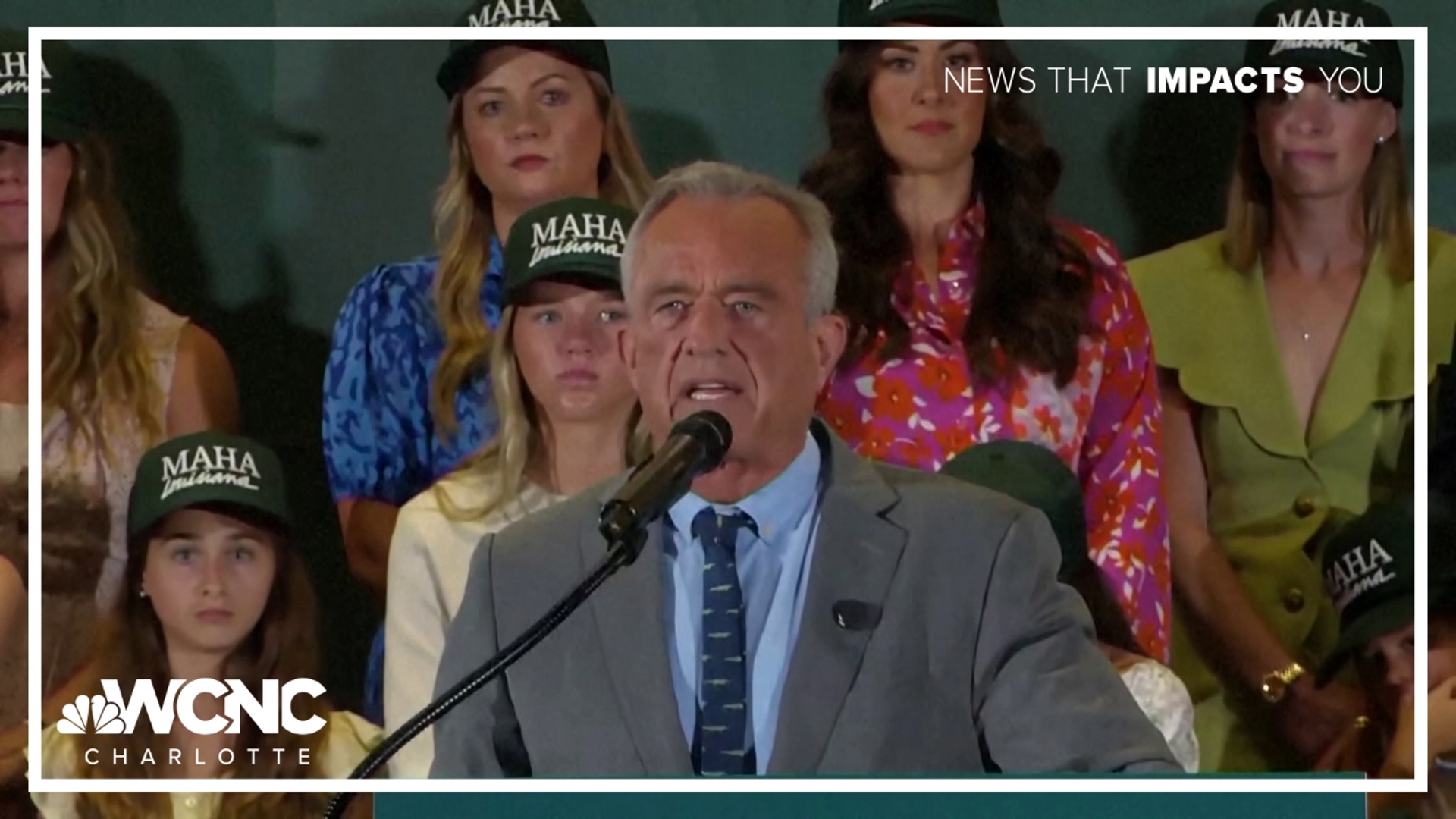Medical Coalition Fights US Govt’s Halt on COVID-19 Vaccinations for Children, Pregnant Women
A coalition of renowned medical bodies is initiating legal action against the US government. This is in response to a divisive decision to stop endorsing COVID-19 vaccinations for most children and pregnant women. The federal legal case was submitted in Boston this Monday and primarily focuses on Health Secretary Robert F. Kennedy Jr., who proclaimed in May that COVID-19 vaccinations would cease to be a part of the recommendations for healthy expectant females and children by the Centers for Disease Control and Prevention (CDC).
For a considerable duration, CDC had advised all US citizens aged six months and above to get COVID-19 vaccines, relying on inputs from experts in infectious diseases and the processes involving public review. This previous recommendation was overhauled towards the end of May when Kennedy instructed the CDC to omit COVID-19 vaccinations from its guidelines for non-risk segments like pregnant women and children.
Kennedy’s action led to an outcry within the sphere of medical professionals, who perceived this as an undermining of the public faith in vaccines and a circumvention of the scientific processes which have informed the US’s vaccination policy for many decades. Critics viewed this shift in stance as an alarming deviation from the traditionally accepted and followed norms.
The American Academy of Pediatrics, the American Public Health Association, the American College of Physicians, the Infectious Diseases Society of America, the Society for Maternal-Fetal Medicine, and the Massachusetts Public Health Alliance jointly filed the lawsuit. A pregnant Massachusetts doctor, referred to discreetly as ‘Jane Doe’, also participated in the lawsuit, contending that the revised guidelines make procuring the vaccine more challenging.
The lawsuit accuses Kennedy and the Health and Human Services Department of violating federal procedures, substituting expert opinion with anti-vaccine advocates, and engendering confusion among patients and healthcare providers. Dr. Susan Kressly, president of the American Academy of Pediatrics, asserted, ‘This is generating uncertainty and discomfort in nearly every pediatric consultation relating to vaccines.’
She further elaborated that Kennedy’s decision comes at a perilous moment. As the US grapples with the highest pediatric influenza fatalities in 15 years and a sharp resurgence in measles cases —the likes of which haven’t been witnessed in over 30 years— her alarm resonates within the medical community.
The expectant doctor party to the lawsuit expressed her intent to receive a COVID-19 booster shot for the protection of her unborn child. Initially, her lawyers claimed she faced difficulty in sourcing the vaccine from pharmacies and clinics. However, they later provided a clarification, stating she hadn’t yet attempted to get the vaccination.
Andrew Nixon, a spokesperson for HHS, expressed that Kennedy ‘remains supportive of his changes in CDC’. Meanwhile, main attorney Richard H. Hughes IV revealed that the lawsuit was filed in Massachusetts due to the residence state of several complainants, including the anonymous doctor.
The lawsuit carries the potential to evolve into a high-visibility legal evaluation of the influence of federal health authority and the extent of political impact on vaccination guidelines. Until now, no court schedules have been released. However, the case is anticipated to receive extensive national focus in light of the impending 2025-2026 respiratory illness season.
The decision to rescind previous guidelines recommending COVID-19 vaccinations for pregnant women and children has set a fateful precedent. The various medical organizations represent a unified front contesting the implications of this decision and its potential far-reaching effects. The lawsuit taps into broader concerns regarding the erosion of science-driven precautionary measures especially in light of upcoming public health challenges.
The lawsuit thus calls into question both the manner in which the decision was made and the evidence supporting the statement made by the Secretary of Health. It raises questions regarding the respect of procedures and the role of scientific expertise within public health policy-making, challenging the department’s decisions and inviting public accountability.
The potential consequences of this case extend well beyond the issue of COVID-19 vaccination. The case could become a significant testing ground for how government leaders can influence public health policy, including vaccine recommendations. As such, the legal and public health worlds will be closely observing the development of the case.
With heightened attention in the wake of the public health crisis, this court case could set influences on national vaccination policies for years to come. These developments and their potential impact on the broader vaccination strategy and public health preparedness for future pandemics thus warrant careful observation and scrutiny.

